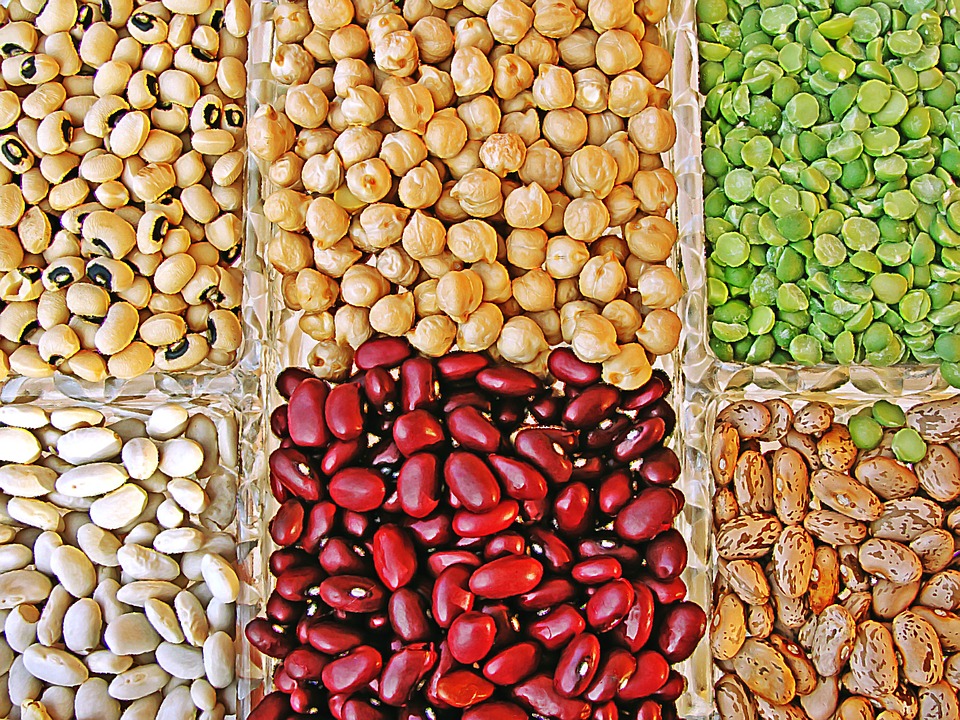This Passover, if you’re a descendant of Ashkenazi Jews from Europe’s cold, white north, your menu options may have taken a decidedly southern, Sephardi flavour.
Kitniyot, once classified under the forbidden family of chametz-resembling products, may now be accessible during the eight-day festival – at least among Conservative Jews.
Kitniyot, the Hebrew word that refers to legumes, rice, beans and corn, is permissible during Passover, according to a tshuvah, or answer, written by rabbis Avram Reisner and Amy Levin and approved by the Committee on Jewish Law and Standards associated with the Conservative Rabbinical Assembly (RA).
READ: CONSERVATIVE ASHKENAZIS CAN FINALLY EAT RICE, LEGUMES DURING PASSOVER
Their ruling examines the genesis of the long-established custom of Ashkenazim to not eat kitniyot during Passover and contrasts it with the Sephardi practice of permitting their consumption. In Ashkenazi circles, kitniyot were considered similar to chametz in that they swell when water is added.
The Conservative rabbis’ religious ruling cited the cost of non-kitniyot foods, support for a healthier diet, “the inapplicability today of the primary concerns that seem to have led to the custom of prohibiting kitniyot,” along with the need to make Judaism more accessible while removing “unneeded prohibitions.”
Rabbi Baruch Frydman-Kohl, spiritual leader of Beth Tzedec Congregation in Toronto, voted in favour of the Rabbinical Assembly’s tshuvah.
He also was among those who signed a dissent, which, while recognizing health and other reasons for consuming kitniyot, urges caution in overturning centuries of Ashkenazi tradition. Conservative Jews ought to consult their rabbis before making a decision on the issue, he said.
In their ruling, the rabbis noted that the debate over kitniyot goes back to the 13th century, when some authorities permitted eating kitniyot, while others did not.
Twenty-five years ago, Rabbi David Golinkin, of the Schechter Institute of Jewish Studies in Israel ruled that changing circumstances – the marriages of Sephardim and Ashkenazim, the higher costs of packaged Passover products, gluten allergies, the needs of vegetarians – allowed the softening of the 800-year-old custom of avoiding kitniyot.
Despite the RA ruling, Rabbi Frydman-Kohl doesn’t think hundreds of years of tradition will be undone any time soon.
“I don’t see a mass rush to buy beans,” he said.
The Gorman household has been debating the kitniyot issue for some time. Rabbi Sean Gorman of Pride of Israel Synagogue, and his wife, Jennifer, who is also a rabbi, weighed the pros and cons, and for the last 10 years, have permitted kitniyot in their home during Passover.
The kitniyot minhag, or custom, is one that makes no sense today. Even in the Middle Ages, rabbis called it “minhag shtut,” or a nonsense custom, he said.
Moreover, there is no consensus as to what constitutes kitniyot, Rabbi Gorman continued. Some authorities permit peanut oil, while other rabbis do not permit it. What’s more, peanut oil is being replaced by cottonseed oil, which is not only substantially more expensive, it is unhealthy, he said.
“There is no custom in the world that I should have to justify to my doctor. It’s unreasonable to consume food like that,” he said.
Rabbi Gorman also questioned the suggestion that minhagim are impervious to change, citing the example of quinoa, a berry that has become popular in recent years and is the subject of a debate as to whether it should now be included as kitniyot.
Excluding kitniyot makes the Passover holiday stressful for families who have to accommodate vegetarians, vegans and others with restricted diets. The higher cost associated with kitniyot substitutes leaves families with less money for tzedakah, Rabbi Gorman said.
READ: FROM ALASKA TO ETHIOPIA – PASSOVER SEDERS FROM AROUND THE WORLD
News of the RA decision prompted a lively debate on Norene’s Kitchen, a Facebook group run by CJN contributor and food maven Norene Gilletz.
“I will keep to the ‘old’ tradition,” one commenter said.
“I know a lot of seriously observant people who have welcomed this ruling,” stated another. “Traditions change over time, and geography, and not everyone feels bound by a medieval custom.”
“The strength of Judaism is the rock of medieval customs,” another poster replied. “You can stretch these customs only so far, and then Judaism weakens and slowly disintegrates.”
Another commenter, seeing the range of opinions, summed up their view by saying: “What a can of worms this has opened. Oy!”
